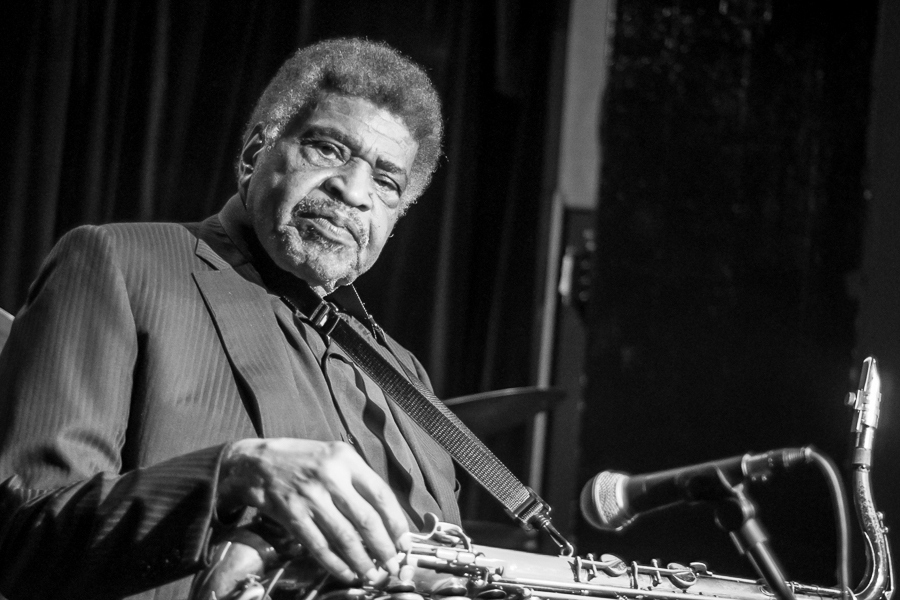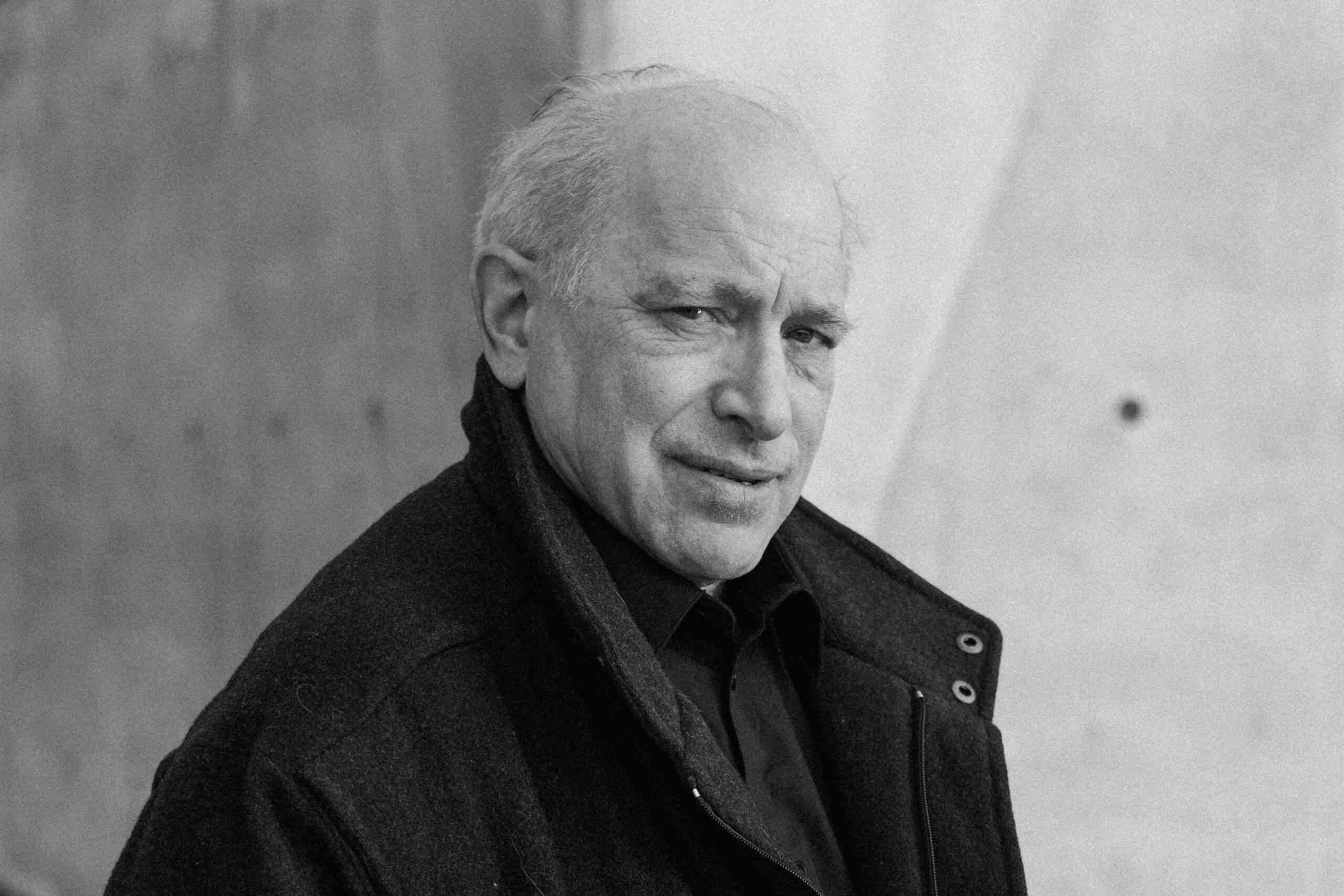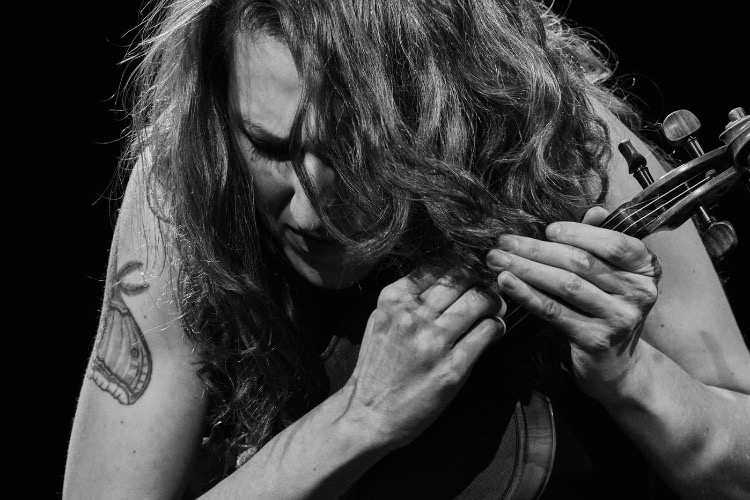Harmony on Your Side: A Conversation with George Coleman (Part Two)
|
Getting your Trinity Audio player ready...
|
We continue our conversation with NEA Jazz Master George Coleman (read part one here) by continuing to discuss his time with Miles Davis, Donald Byrd, the recording session for Herbie Hancock’s Maiden Voyage, working with organists, and ballads.
PostGenre: There is a famous story about your time with Miles. Tony Williams, especially, had been giving you a hard time over playing fairly traditionally, and you got fed up with Tony’s comments. So, one night with Miles, you shocked everyone by playing a very free solo. You proved that it is not that you cannot play free, just that you choose not to.
George Coleman: Oh, yeah, that was one of the things. I redeemed myself, and I also enlightened them. One night I decided to show them I could do what they thought I couldn’t. I played “out”, so to speak; played avant-garde, which the others in the group were trying to do during that time. Avant-garde music seemed like the hip thing at that time. For a long time, Herbie, Ron, and especially Tony, kept asking Miles to move away from bebop and towards something more open. They saw me, to some extent, as an obstacle to that happening. They saw me as too old-fashioned in how I approached music.
That particular night, I decided to show these guys I could do what they thought I couldn’t. That was what they wanted me to do anyway. So, Miles kicked off a very fast “Walkin’”. Miles played his solo, then went off to the bar and had some champagne, as he often did, while the rest of us played. Herbie played his solo. Then I played mine. I surprised the other guys by playing so “out.” They asked me why I hadn’t been doing that all along. But then Miles rushed up to the bandstand from the bar and said, “Man, what the fuck was that?” He had never heard me play on the outside either.
After that night, I didn’t go “out” again. I went right back to playing harmony and changes. I just wanted to illustrate to the other guys that I could do it, so they would get off my back. They no longer saw me as some dated MF. They still wanted me to play more “out,” but that wasn’t for me.
PG: You left Miles not long after that.
GC: Yeah. After we had taken a break from shows for a little while, Miles came to me and said, “Hey man, you’re coming back to the band, right?” I told him no. I think he knew why because I didn’t communicate with the other guys in the band about it.
Also, a lot of times, I was left up there on the bandstand. When Miles was up there, everything was cool. But when he would leave, there was a little chaos because the other three guys wanted to play out. I just wanted to play songs we had done many times before, like “Bye Bye Blackbird”, “If I Were a Bell”, or “Autumn Leaves.” I wanted to keep the repertoire going. But they wanted to play something else.
There were a lot of positives about being in that band, but also quite a few negatives. Money was late sometimes. And even when it did show up, it wasn’t a tremendous amount of money. But the biggest problem was communication between myself and the other band members. I couldn’t deal with that because I didn’t want to be snubbed every night and looked upon as not on the same wavelengths as they were. They wanted to do one thing, and I was doing another.
PG: Of course, Miles would continue to go in a freer direction after you left the band, once Wayne Shorter joined.
GC: Miles ended up going in the direction the other guys in the band wanted. I left at the right time too because I wouldn’t fit into that situation. I could have if I had wanted to. I could have played all of that shit, Bitches Brew (Columbia, 1970), and the rest if I had wanted to be there. But I didn’t want to. That was great for the other guys. But it wasn’t for me.
Of course, then Miles kept adding R&B guys to his groups. Well, it was more rock than R&B. These guys were rock musicians with their wah-wahs and electrical devices. That’s the direction Miles wanted to go.
PG: Even though he went in a different direction, it seems Miles kept you in high regard. In his autobiography, he says, “George played everything almost perfectly … He was a hell of a musician.”
GC: Miles and I blended quite well. I played counter-lines behind him, and he greatly appreciated what I did behind him. I was never overpowering. I was right there with his trumpet. We had great communication. He admired my harmonic efforts. He was also a good harmonic player back in the day. When he came with Charlie Parker, he was a great player. In the latter years, he got kind of lazy. Dexter Gordon once said to him, “Why don’t you play some music man?” Miles responded to him that it was too hard. He didn’t want to go play what he did back in the day with Charlie Parker. He wanted to skate.
PG: Do you feel part of Miles’ respect for you came from how you both looked up to Bird?
GC: Well, you know, I don’t know whether he associated me with Bird. But he possibly did associate the concept of what I was doing with Bird’s music.
Once, when I was with him, it was as part of a sextet – me, Miles, Frank Strozier, Harold Mabern, Jimmy Cobb, and Ron. We rehearsed only once and then hit the bandstand. When [Miles] played the line, and I would play something behind him. I would never overcrowd what he was doing because he was spectacular with the mute. That was his thing, playing the mute on the trumpet. He had a great sound when he used the mute. It’s difficult for trumpet players to play in tune using the mute. But that was his forte. He did quite well with it. He didn’t play open too much, from what I remember. He did play some things open, but most of the time, he was playing with the mute. And it was great. He was something special when it came to that.
When Miles switched to other stuff, I got lost somewhat. With stuff like Bitches Brew, he was working with a lot of electric guitars, electronics, and other stuff. More power to him. But I didn’t enjoy it.
PG: So, you did not appreciate the artistic merit of those ideas that pushed Miles in that pushed him toward fusion?
GC: Miles had his reasons for switching over. He liked money. He became commercial and enjoyed the financial benefits of playing more popular music, as did that other trumpet player… he was with the Blackbyrds.
PG: Donald Byrd
GC: That’s right, Don Byrd. He also switched over. Donald Byrd was a great jazz trumpet player, man. Many people didn’t know that because after he started the Blackbyrds, people just assumed he could only make R&B music. But he was the man. He was a good arranger, composer, and a great trumpet player. Donald Byrd was a great educator too. He taught at Howard University and a few schools down south. So, he was into education and commercialism.
PG: But it is not as if you never incorporated any electric instruments into your music. You have performed in groups with organists, whether Shirley Scott, Jimmy Smith, Big John Patton, Jack McDuff, or Joey Defrancesco. When playing with an organ player, do you feel that you play differently than you do with an acoustic piano accompanying you?
GC: Well, it depends on who I’m playing with. Joey was great. Shirley was too, because she would play different harmonic things. Of course, Jimmy Smith was one of the forefathers of jazz organ. I also worked with another great organist, Wild Bill Davis. I played with him for a year or two. He was fantastic. There were also some organ players in Memphis that I played with a couple of them before the real deal guys, you know, before Jimmy and back when. But Joey and Shirley were the main organists that I loved to play with. My ex-wife played the organ too. Of course, in the modern day, Mike LeDonne is my boy now.
PG: So, going back to the end of your time with Miles, you continued to record with Herbie, Ron, and Tony after leaving the band. Among other things, all three of you were on Herbie’s Maiden Voyage (Blue Note, 1965), a recording that is now widely recognized as a classic recording. Do you recall anything particular about the recording session for that album?
GC: Well, after I left Miles’ band, I was called upon to work on Herbie’s album. Herbie knew he and I communicated together quite well. He asked me to do the recording, and I was very happy to do it. As you mentioned, it was Miles’ band, but with Freddie Hubbard on trumpet instead of Miles.
I think the rest is history. We didn’t rehearse much. We had a two-hour rehearsal before recording. We recorded at Van Gelder Studios [in Englewood Cliffs, New Jersey]. Van Gelder Studios was where all the Blue Note artists would go to record. The head of Blue Note at the time, Alfred Lion, often followed that method of short rehearsals. You would rehearse for two hours, then, the next day, meet at the Empire Hotel on 63rd Street and Broadway before heading down to New Jersey. We then had lunch at the studio and recorded.
When we got there, we had sheet music. Although we rehearsed, the rehearsal was so short that we didn’t remember the music much. So we still had to look at the sheet music because the [chord] changes were there too. You read the lines, but when you got time to solo, you needed to look at the changes.
Now, “Maiden Voyage” was simple. There were only three harmonic entities on that. But when you came to “Dolphin Dance,” that was another story, because they had a lot of changes. So, I had to read that and interpret it. It came out pretty good, but if I’d have had more time, I might have played differently on it if I had more time with the chords. Herbie had some suspended chords in there that you had to acknowledge too. But most of the time I just listened. I knew what the tonality was. I knew what the bottom note was. All I had to do was put things together spontaneously. You didn’t have time to think about it.
PG: So, as a final question, one of the most beautiful moments on Live at Smalls Jazz Club is your rendition of the standard “The Nearness of You. ” What about ballads do you feel speaks to you?
GC: I like ballads in a lot of ways. I like the harmony on ballads and the melodies too. But, sometimes, I put some extra chords in ballads as on a tune like “Never Let Me Go.” That song already has a great harmony. All you have to do is play the melody and hear the harmony.
Ballads are my thing, but I like playing up-tempo too because it reminds me of when I was in Max’s group. I used to also play tempos very fast when I was back in Memphis. Playing fast helped me so much, technically, because it let me move around on the saxophone with clarity and speed. Many young musicians don’t tend to have those skills today. They play a lot of notes, but to put ’em together rhythmically and harmonically is another story. Sometimes you gotta know what you wanna do. But often, you experiment. You jump out there and see what happens. And if you have harmony on your side, you can create something incredible.
‘Live at Small’s Jazz Club’ is out now on Cellar Live Records. It can be purchased on Bandcamp. More information on George Coleman can be found on his website.
Photo credit: Jesse Wilding Cahill




2 thoughts on “Harmony on Your Side: A Conversation with George Coleman (Part Two)”